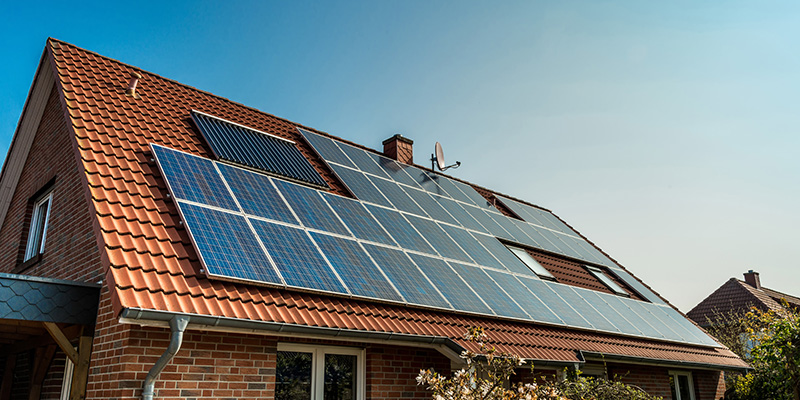HOA Files Lawsuit Over Solar Panels In Illinois

In Illinois, an HOA filed a lawsuit over solar panels in 2020. Two years later, the association dropped its suit.
Browse By Category
Sign up for Our Newsletter
In Illinois, an HOA filed a lawsuit over solar panels in 2020. Two years later, the association dropped its suit.
A Fight Over HOA Rules
In March 2020, Mark and Jennifer Bassler moved into their new home at The Orchards, a subdivision managed by an HOA. In December of the same year, the couple asked EFS Energy to install solar panels. Shortly after that, The Orchards Homeowners Association filed a civil suit against the couple, demanding they remove the solar panels. According to the HOA, the panels violated the HOA rules.
The Basslers did not back away from the fight. They fought the suit and cited a state law called the Homeowners’ Energy Policy Statement Act. This act does permit associations to dictate the placement of solar panels. However, an HOA may not choose a location that would reduce the efficiency of the solar panels.
EFS Energy owner Paul McKnight explained that the HOA’s demand to move the solar panels would have not allowed the panels to operate at maximum efficiency. More specifically, it would have reduced the energy efficiency of the Basslers’ home by 35%. This certainly makes a huge difference, as the couple was previously able to power their entire home with just their solar panels.
Lawsuit Over Solar Panels Dismissed
In September 2022, The Orchard HOA dropped its suit against the couple. However, the lawsuit still cost the Basslers a whopping $53,000 in legal fees. Mark Bassler believes that the association dismissed the lawsuit because the HOA was aware that they were going to lose. Since the case did not reach the court, the HOA also does not have to pay the couple’s legal fees.
Several states have already enacted laws protecting the rights of homeowners to solar energy access, and it wouldn’t be surprising if more followed suit. Whether it’s solar access laws or other laws, though, HOAs should exercise caution. Filing a lawsuit against a homeowner should not always be the first solution.
Trending Now
Related Article
Sign up for Our Monthly Newsletter
Sign up below for monthly updates on all HOA Resource
















